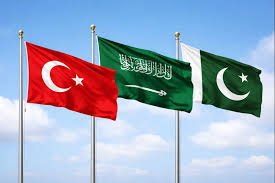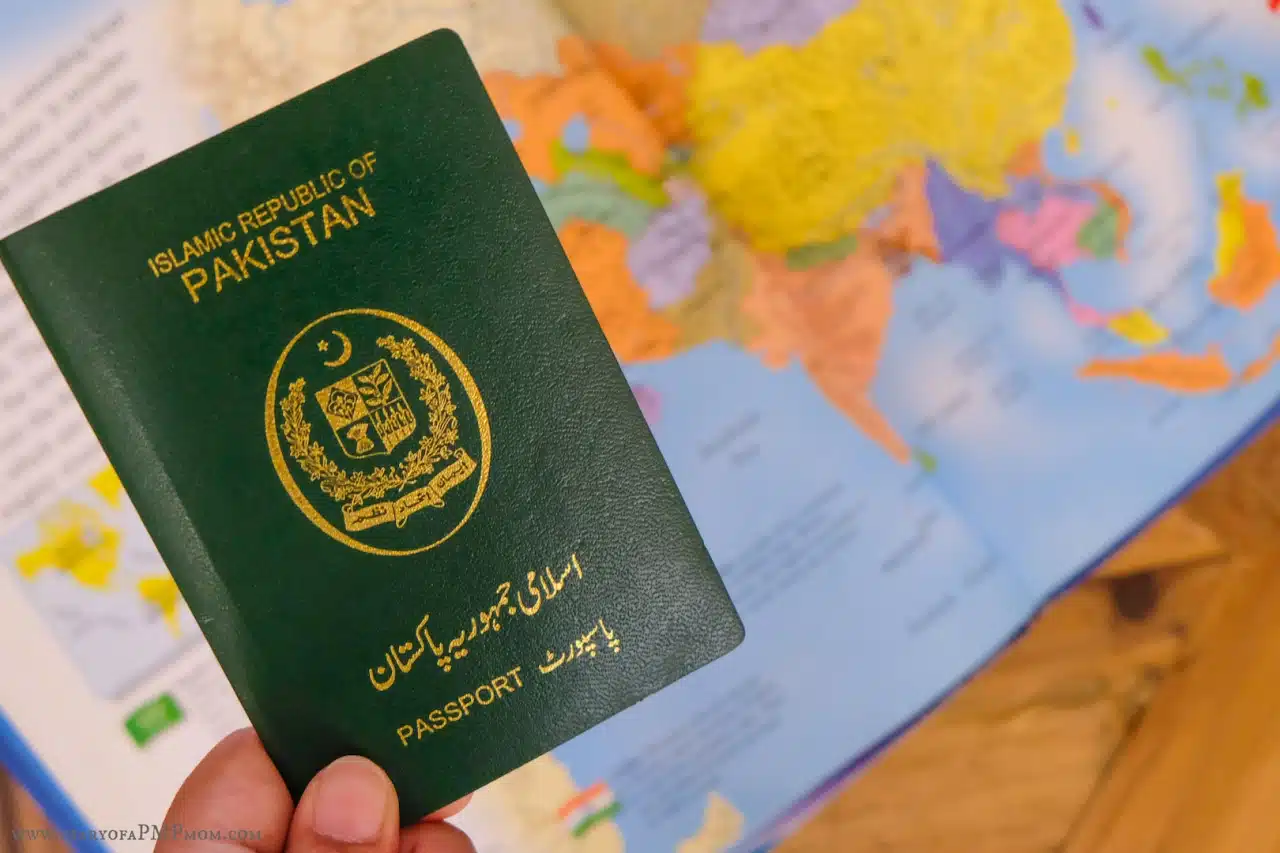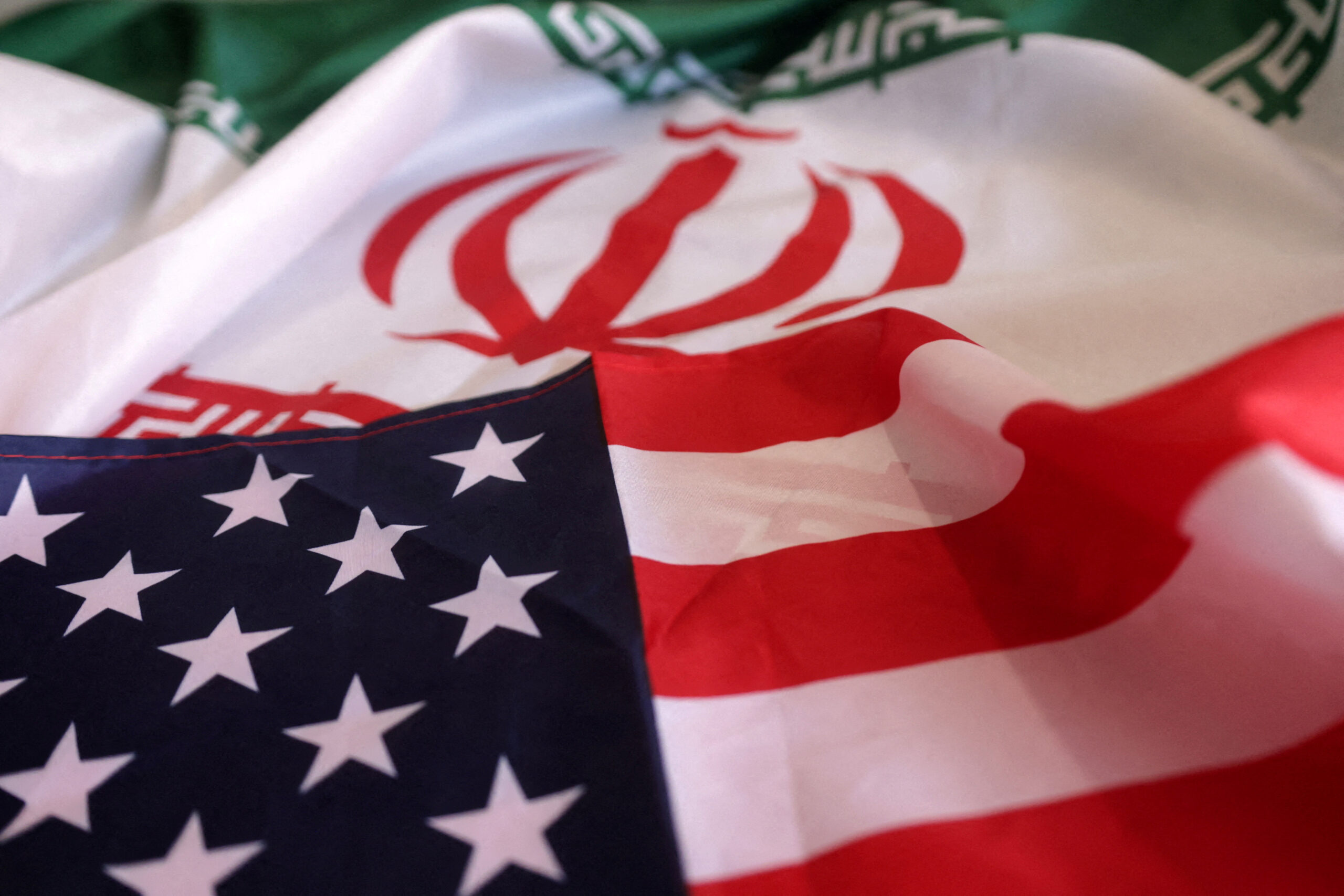Former Prime Minister and founding chairman of Pakistan Tehreek-e-Insaf (PTI), Imran Khan, has announced his participation in the government’s All Parties Conference (APC) on Operation Azm-e-Istehkam. During a media interaction at Rawalpindi’s Adiala Jail on Friday, the former premier stated that PTI members would attend the conference only as “observers,” emphasizing that the decision to participate was made solely for the benefit of Pakistan.
Expressing distrust in the chief justice, the incarcerated PTI chief announced plans for a hunger strike in jail. “I will announce the final date for the hunger strike after consulting with my lawyers,” he said.
The government called the APC to address concerns from coalition and opposition parties regarding Operation Azm-e-Istehkam. The conference aims to build political consensus and ensure all parties are on board with the operation’s objectives.
On June 22, the Apex Committee of National Action Plan, chaired by Prime Minister Shehbaz Sharif, approved “Operation Azm-e-Istehkam” to eliminate terrorism and extremism across the country.
PM Shehbaz approved the reactivation of the national anti-terrorism campaign through the launch of this operation, symbolizing national resolve with consensus from all stakeholders, including the provinces, Gilgit-Baltistan, Azad Jammu and Kashmir.
The opposition parties, including PTI, expressed strong reservations about Operation Azm-e-Istehkam, demanding clarity on its framework and seeking assurance that all parties will be taken into confidence. Additionally, Jamiat Ulema-e-Islam (JUI-F) has also opposed the operation.
Operation Azm-e-Istehkam aims to eradicate extremism and terrorism decisively and comprehensively. It will coordinate and align efforts across multiple fronts to address the threats while intensifying efforts to curb terrorist activities through regional cooperation within the political and diplomatic spheres.
The operation will bolster the armed forces’ renewed and vigorous efforts with full support from all law enforcement agencies. Effective legislation will be enacted to close legal loopholes that hinder the prosecution of terrorism-related cases, ensuring exemplary punishments for offenders.
Socio-economic measures aimed at addressing the genuine concerns of the populace and creating an environment that discourages extremist tendencies will also complement this campaign.
The forum reiterated that the fight against extremism and terrorism is Pakistan’s battle, crucial for the nation’s survival and welfare. It was decided that no one would be allowed to challenge the state’s authority without repercussions.
Following the prime minister’s approval, new Standard Operating Procedures (SOPs) were issued to enhance the security framework for Chinese citizens in the country.















